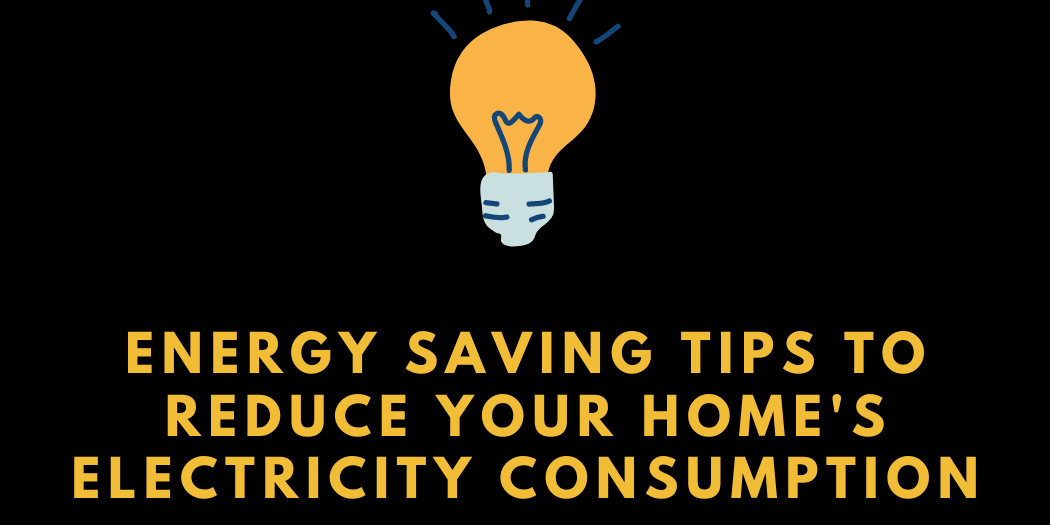Energy-Saving Tips: How to Reduce Your Home’s Electricity Consumption
Are you searching for energy savings tips to reduce your home’s electricity consumption?
In today’s rapidly changing world, environmental consciousness has become more than just a passing trend—it’s a responsible way of life.
As the global demand for energy continues to rise, it’s crucial for each of us to play our part in conserving resources and minimizing our carbon footprint. One of the most impactful ways to contribute to this cause is by adopting energy-saving practices within our homes.
In this comprehensive guide, we’ll delve into a variety of strategies and techniques that can help you reduce your home’s electricity consumption, not only benefiting the environment but also your wallet.
Unplug and Save
One of the simplest and most effective ways to conserve energy is to unplug devices when they’re not in use. Electronics and appliances, even when turned off, can still draw power in standby mode. This phenomenon, known as “phantom energy” or “vampire power,” contributes significantly to your energy bill over time. Make it a habit to unplug chargers, electronics, and small appliances when they’re not needed. Alternatively, you can use power strips with on/off switches to easily disconnect multiple devices at once.
Embrace LED Lighting
Lighting is an integral part of any home, and by transitioning to LED (light-emitting diode) bulbs, you can significantly reduce energy consumption. LEDs are more energy-efficient, emit less heat, and last much longer than traditional incandescent bulbs. While LED bulbs might have a slightly higher upfront cost, their extended lifespan and lower energy usage make them a wise long-term investment.
Optimize HVAC Usage
Heating, ventilation, and air conditioning (HVAC) systems are major contributors to energy consumption in homes. To optimize their usage:
- Programmable Thermostats: Install programmable thermostats to adjust temperature settings automatically based on your daily routine. Lowering the thermostat by just a few degrees during colder months and raising it during warmer months can result in substantial energy savings.
- Regular Maintenance: Schedule regular maintenance for your HVAC system, including cleaning or replacing air filters, and checking for leaks or inefficiencies. A well-maintained system operates more efficiently
Efficient Appliances
Upgrade older appliances to newer, energy-efficient models that bear the ENERGY STAR label. These appliances are designed to use less energy without compromising performance. Key areas to consider include refrigerators, washing machines, dishwashers, and air conditioners.
Seal Leaks and Insulate
A well-insulated and properly sealed home requires less energy to maintain a comfortable temperature. Check for gaps around windows, doors, and other openings. Seal these gaps with weatherstripping or caulking. Adequate insulation in walls, attics, and basements helps maintain indoor temperatures and reduce the load on your HVAC system.
Make the Most of Natural Light
Maximize the use of natural light during the day to minimize your reliance on artificial lighting. Open curtains and blinds to let sunlight in. Consider using light-colored paint on walls and ceilings to enhance the distribution of natural light within your home.
Reduce Water Heating Energy
Heating water accounts for a significant portion of household energy consumption. You can reduce water heating energy by:
- Lowering Water Heater Temperature: Lower the temperature of your water heater to around 120°F (49°C). This saves energy and prevents scalding accidents
- Insulating the Water Heater: Wrap your water heater in an insulating blanket to minimize heat loss, which means the heater won’t have to work as hard to maintain the desired temperature.
Smart Energy Management
Harness technology to your advantage with smart energy management systems. Smart thermostats, energy monitoring apps, and smart plugs allow you to control and monitor energy usage remotely, making it easier to adjust consumption based on your needs and preferences.
Final Thoughts on Energy Savings Tips to Reduce Your Home’s Electricity Consumption
By implementing these energy-saving tips, you can make a significant impact on your home’s electricity consumption. Beyond the financial benefits of reduced energy bills, you’ll contribute to a more sustainable future.
Every effort counts, and collectively, these changes can lead to a substantial reduction in carbon emissions and energy waste. As environmentally conscious individuals, let’s commit to adopting these practices and inspiring others to do the same, creating a brighter, cleaner, and more energy-efficient world for generations to come.







